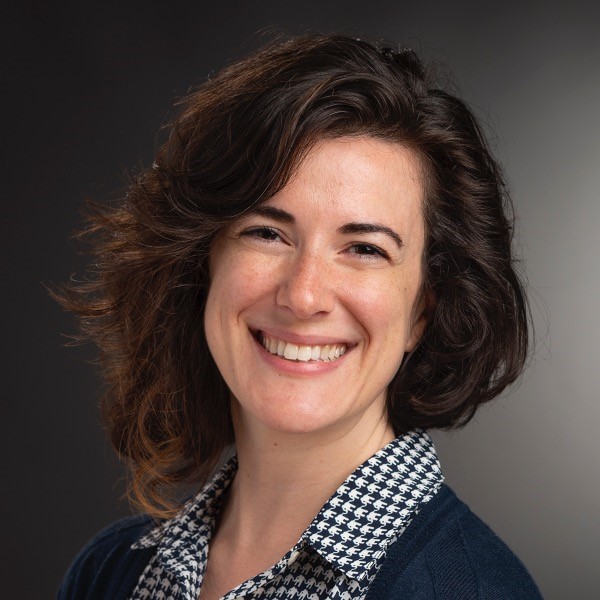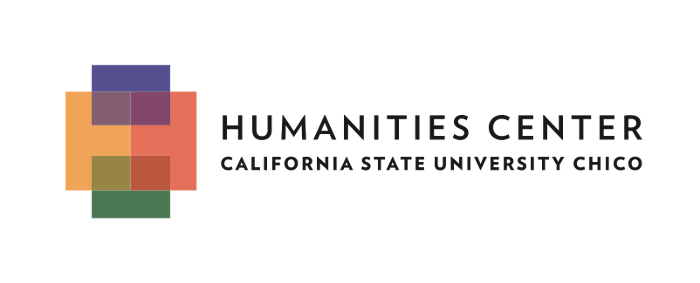Whitney Sperrazza, "Measuring Silence: New Digital Approaches to Shakespeare"

Wednesday, February 21st, 5:00 PM, ZOOM
This Zoom is FREE and open to the public!
Join Zoom: https://csuchico.zoom.us/j/88561594318?pwd=MW5CZHpVRHUyOERSRW1WOVpOc09rZz09(opens in new window)
Words have been central to computational text analysis in literary studies. Digital humanities scholars count words, sort for words, and craft visualizations based on words in order to do the work of what Matthew Jockers calls “macroanalysis.” Words, the story goes, are our gateway to the broader themes, trends, and patterns of literary history. In Sperrazza’s work, she turns from speech to silence—from words to blanks—in order to consider how we might think otherwise with computational text analysis tools. Building on ongoing feminist digital humanities work, this talk will take William Shakespeare’s Measure for Measure as a case study for exploring what’s possible when our analysis shifts from speech to silence. Rather than offer a one-size-fits-all new method for computational text analysis in premodern literature studies, this talk will make a case for changing critical approaches, open space for new questions in the field, and offer examples demonstrating the interpretive and critical payoff of moving premodern digital work in new directions.
Whitney Sperrazza is an Assistant Professor of English and Digital Humanities at the Rochester Institute of Technology. Her research sits at the intersections of early modern literary studies, histories of science, media archaeology, and feminist digital practice. In addition to incorporating digital tools and methods consistently in her teaching, Sperrazza has led digital projects that include a collaborative living primary resource on space-based systemic racism in Rochester, NY and an investigation of the interwoven histories of computing, textile arts, and bookmaking. You can find her published work in the Journal for Early Modern Cultural Studies, Shakespeare Studies, Lady Science, and The Sundial.

